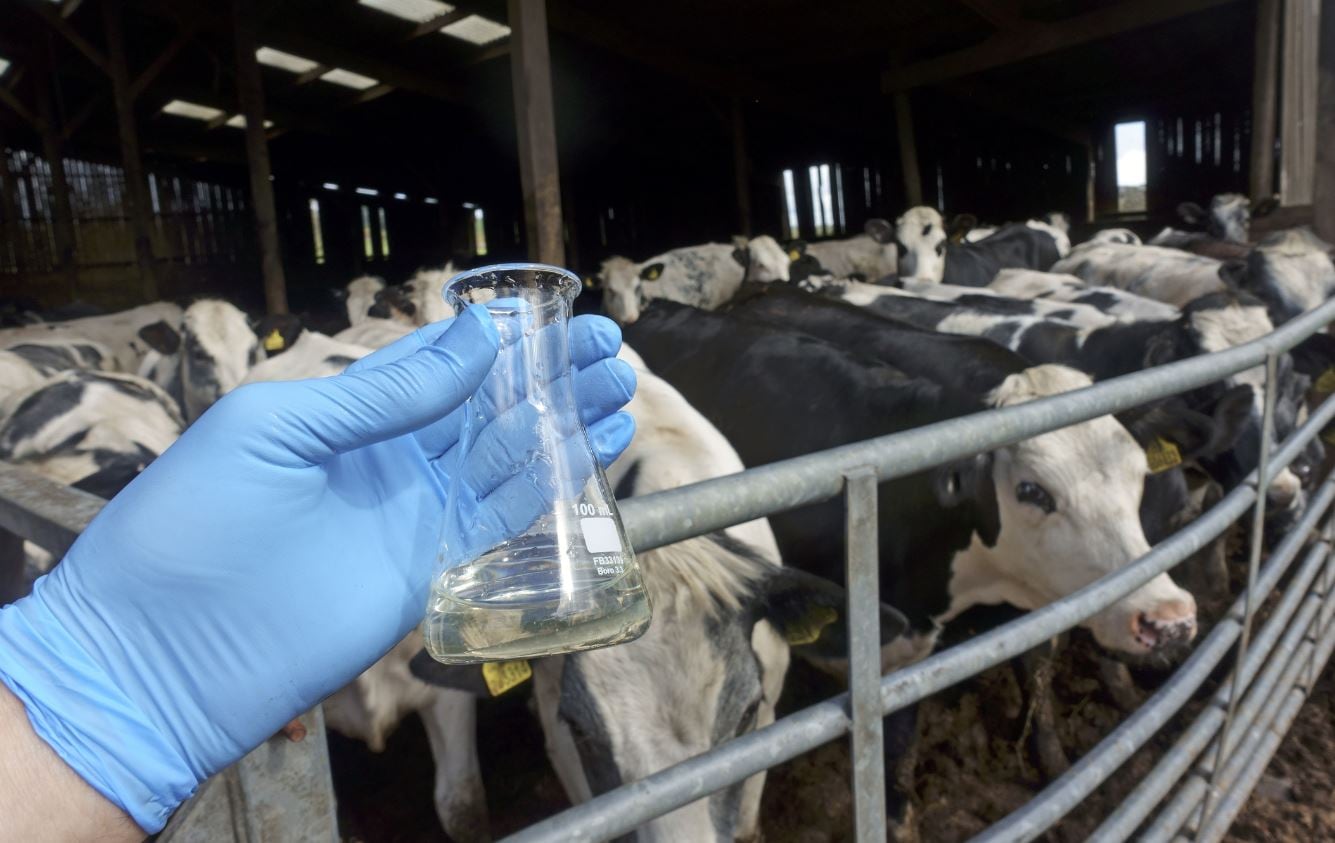A report by the Food and Agriculture Organisation (FAO) has provoked calls for a retraction from a range of organisations and academics after, they claim, ‘downplaying’ the link between lower-meat diets and the mitigation of climate change.
The report, entitled Pathways towards Lower Emissions, was released last year by the FAO, detailing the potential ways of mitigating emissions from the livestock sector. It has since attracted criticism from organisations and academics, most recently in an open letter with over 100 signatories, including 22 academics and 78 civil society organisations.
The report
The FAO released the report in December 2023 to analyse the livestock sector’s potential impact on climate emissions, as part of the COP28 Summit. It found that methane makes up slightly more than half of the livestock sector’s greenhouse gas emissions, tracking closely to the location of ruminant herds.
It explored the disparities in carbon emissions linked to certain animal products, including meat, milk and eggs, in terms of both countries and production systems. For example, according to the report, the ‘average emission intensity of cattle milk in grassland systems varies by a factor of 20.’
In order to help farmers mitigate emissions, the report emphasises the importance of investing in them to enable them to implement tailored solutions.
It also suggests adopting techniques such as agroforestry and optimised rotating grazing, as well as replacing a share of a pig’s diet with the swill from household waste.
Alleged issues with the report
Criticisms were raised by Professor Paul Behrens, academic and author of popular science book The Best of Times, The Worst of Times: Futures from the Frontiers of Climate Science, and environmental science researcher Dr Matthew Hayek, over the methodology of the report.
The latest open letter suggests that the report mixes baseline years, mixing up potential emissions savings compared to current diets with potential emissions savings compared to business-as-usual projections by 2050. This means that the amount of meat reduction needed to reach these emissions reductions is underestimated.
Furthermore, the letter suggests, the FAO’s report factors in increased emissions from growing consumption of fruit, nuts and vegetables, regardless of whether they are used as a meat substitute. It suggests that the report, being an exploration of dietary changes to lower emissions due to meat consumption, should only consider these emissions when directly linked to meat substitutes. The increase in fruit and vegetable consumption, it points out, is required regardless of whether or not a dietary shift away from meat is accomplished.
Furthermore, the letter suggests that the report ‘double counts’ emissions from increases in meat consumption, as well as underestimating the potential emissions reductions from a shift in diet.
As well as these alleged errors, the letter points out that the report omitted several key things. For example, it does not factor in the potential emissions reduction from land spared by the lack of meat production. It also does not mention the fact that China, which makes up 17% of the global population, has updated its Nationally Recommended Diet (NRD) to recommend less meat, which could make a substantial change in emissions.
It does not make ambitions meat and dairy reduction dietary suggestions because of concerns about food security in lower income countries. The open letter points out that such dietary shifts are possible in higher income countries, and suggests that the FAO should be more ambitious in these cases. It points out that existing models for meat reduction overall, such as the EAT-Lancet diet, which the report does not use, already account for an increase in meat consumption in lower-income countries.
Finally, it uses NRDs as the basis for what it considers ‘sustainable and healthy diets’ even though, according to the letter, most NRDs do not incorporate sustainability into their design.
While the issues above were raised in April, the FAO referred to the judgement of a group of researchers coming to the same conclusion as the report. However, according to Feedback Global, which coordinated the letter, these researchers have links to the livestock industry.
FoodNavigator contacted the FAO for comment.




